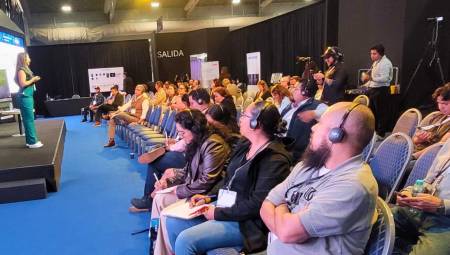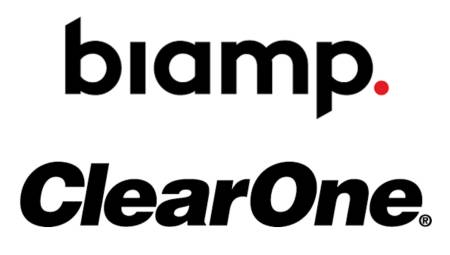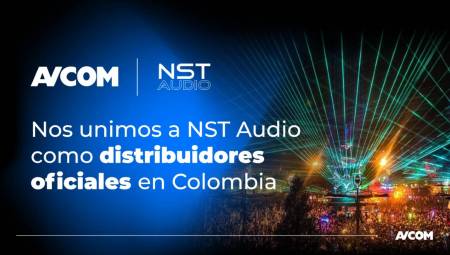 Mexico. The Internet of Things (IoT) refers to that network of interconnected objects that, using the Internet, collect, process and exchange information in order to facilitate processes or the administration of any type of tasks.
Mexico. The Internet of Things (IoT) refers to that network of interconnected objects that, using the Internet, collect, process and exchange information in order to facilitate processes or the administration of any type of tasks.
When talking about IoT it is common to think of homes with appliances in constant communication with a smartphone, smart cities, autonomous vehicles, among other examples. However, applications can be varied and increasingly innovative, such as those involved in real-time monitoring of household electricity consumption and water quality.
Measuring the level of Development of IoT is an important task considering the importance that this type of technology has in improving productivity and competitiveness. However, it is a complicated task due to the breadth with which the concept is treated.
As mentioned, ioT turns out to be the communication between two or more objects within a network. Therefore, the number of devices with a machine-to-machine (M2M) connection, that is, the number of devices capable of connecting to each other without human intervention can serve as an approach to the degree of IoT development in each country.
In terms of M2M communications per 100 inhabitants, Mexico shows a significant gap with respect to the countries of the Organization for Economic Cooperation and Development (OECD) and even in relation to the countries that make up the G-20.
While the OECD and all G20 countries show a penetration of M2M cards equivalent to 15.5 per 100 inhabitants and 10 per 100 inhabitants respectively, penetration in Mexico is only 4.9 per 100 inhabitants. This means a gap of 10.6 percentage points (pp) with respect to the OECD and 5.1 pp in relation to the G-20.²
The penetration of these devices in Mexico is at levels similar to those of Turkey (5.3) and Argentina (3.8), but very separate from countries such as the United States (22.4) and France (19.0).
The Internet of Things faces some major challenges in Mexico. On the one hand, sufficient capacity of the telecommunications infrastructure to transmit data must be ensured. On the other hand, it is important to look for schemes to protect the large amounts of information generated from interconnected devices.
While it is possible to record some progress from Mexico towards ioT adoption, it is still possible to verify important gaps in relation to international experience. Therefore, it is advisable to promote public and private investment schemes that allow the development of innovative IoT applications, as well as for the evolution of telecommunications networks. All this without forgetting the need to discuss a legal framework that allows the effective protection of the enormous amount of data generated from the use of this solution.
Report written by The Social Intelligence Unit.









































































































